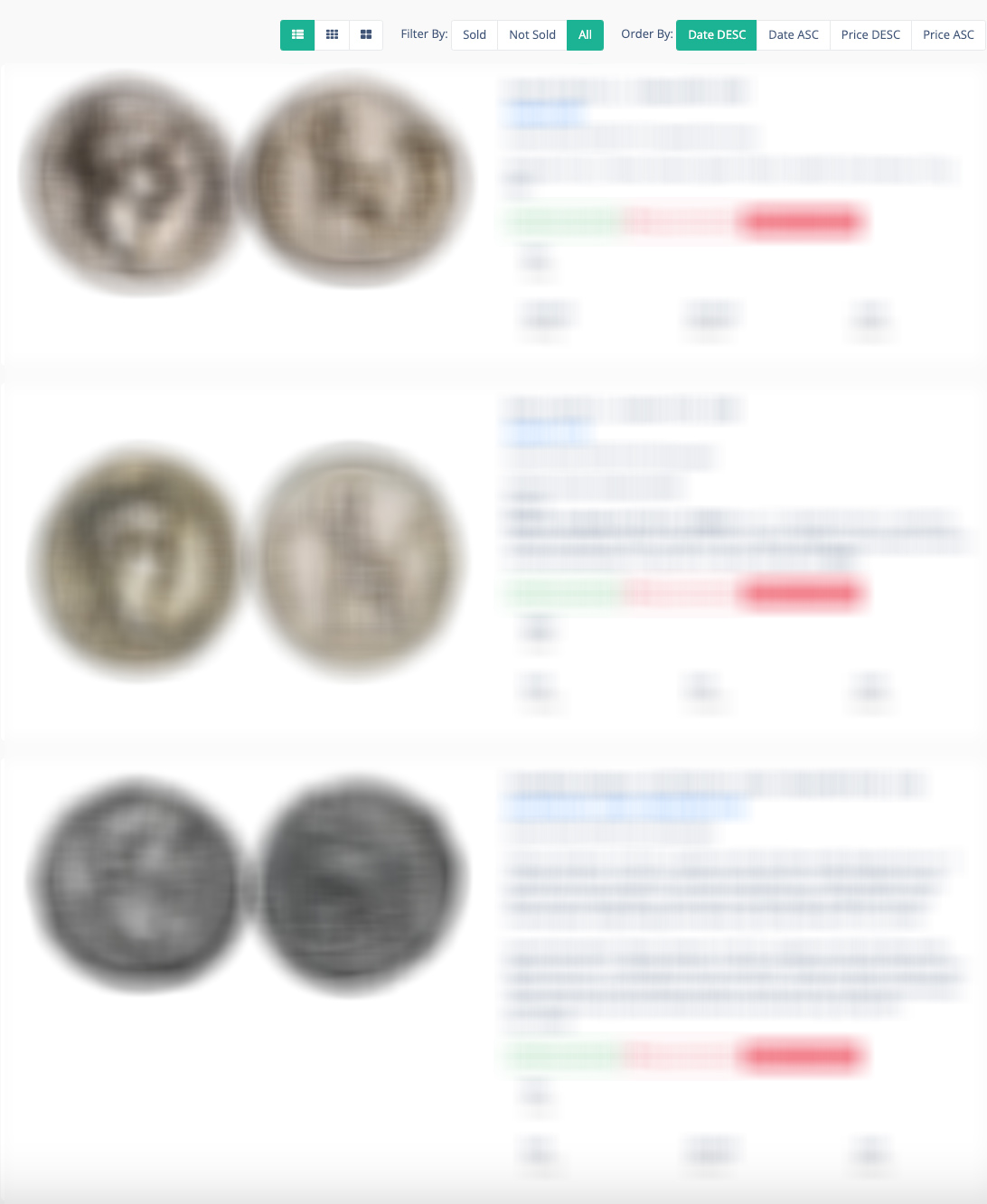Numismatik Naumann - Auktion 148 . 916

Authority
Denomination
Year
RIC (Gratian)
39B
References
Roman Imperial Coins
Category
VALENS (364-378). GOLD Solidus. Treveri.
Obv: D N VALENS P F AVG.
Pearl-diademed, draped and cuirassed bust right.
Rev: VICTORIA AVGG / TROBS.
Two emperors seated facing on double throne, holding globus between them; behind and between, Victory standing front with outspread wings, palm frond below.
RIC 39b.2; Depeyrot 43/2.
Flavius Julius Valens was the younger brother of Valentinian I. After serving as protector domesticus (personal guard) of Julian II and Jovian, he immediately became emperor of the East in 364 thanks to his brother who was already Augustus of the West, although the two differed in faith. Valens in fact was an Arian, while Valentinian was a Nicene Christian. The first problem was presented by the usurper Procopius, comes of Antioch, who proclaimed himself Augustus of the East in 365. Valens defeated him, sentenced him to death and struck with damnatio memoriae. He later faced the Visigoths and a second conspiracy, hatched by Theodore of Antioch. In 374 Valens celebrated the decennalia and became Maximus Augustus in 375 on the death of his brother, after which he organized an expedition against the Persians that proved unsuccessful, forcing him to sign an unfavorable peace. Another problem was the confluence of Ostrogoths and Visigoths into Roman territory across the Danube because of the advance of the Huns. The Romans were forced to accept them, but this integration was not easy; the Visigoths felt oppressed and exploited as a labor-power, resulting in an insurrection. Valens, considered a general of little ability by his contemporaries, was thus induced to recruit Goth mercenaries, with the risk that they would end up allied with his enemies. In fact, a large contingent of Visigoths, Ostrogoths, Huns, and Alamanni joined forces to fight the Romans and achieved a decisive victory at Hadrianopolis (Thrace) in 378. The tremendous defeat was caused by Gratian, who was meanwhile on the Western throne and did not arrive in time with his troops. Valens died in the battle but the Goths failed to conquer Constantinople. According to Ambrose, bishop of Mediolanum, the defeat at Hadrianopolis heralded the fall of the empire and the end of the world.
Condition: Extremely fine.
Weight: 4.46 g.
Diameter: 21 mm.
https://videos.files.wordpress.com/m0pc2xS7/169075.mp4 Description
Obv: D N VALENS P F AVG.
Pearl-diademed, draped and cuirassed bust right.
Rev: VICTORIA AVGG / TROBS.
Two emperors seated facing on double throne, holding globus between them; behind and between, Victory standing front with outspread wings, palm frond below.
RIC 39b.2; Depeyrot 43/2.
Flavius Julius Valens was the younger brother of Valentinian I. After serving as protector domesticus (personal guard) of Julian II and Jovian, he immediately became emperor of the East in 364 thanks to his brother who was already Augustus of the West, although the two differed in faith. Valens in fact was an Arian, while Valentinian was a Nicene Christian. The first problem was presented by the usurper Procopius, comes of Antioch, who proclaimed himself Augustus of the East in 365. Valens defeated him, sentenced him to death and struck with damnatio memoriae. He later faced the Visigoths and a second conspiracy, hatched by Theodore of Antioch. In 374 Valens celebrated the decennalia and became Maximus Augustus in 375 on the death of his brother, after which he organized an expedition against the Persians that proved unsuccessful, forcing him to sign an unfavorable peace. Another problem was the confluence of Ostrogoths and Visigoths into Roman territory across the Danube because of the advance of the Huns. The Romans were forced to accept them, but this integration was not easy; the Visigoths felt oppressed and exploited as a labor-power, resulting in an insurrection. Valens, considered a general of little ability by his contemporaries, was thus induced to recruit Goth mercenaries, with the risk that they would end up allied with his enemies. In fact, a large contingent of Visigoths, Ostrogoths, Huns, and Alamanni joined forces to fight the Romans and achieved a decisive victory at Hadrianopolis (Thrace) in 378. The tremendous defeat was caused by Gratian, who was meanwhile on the Western throne and did not arrive in time with his troops. Valens died in the battle but the Goths failed to conquer Constantinople. According to Ambrose, bishop of Mediolanum, the defeat at Hadrianopolis heralded the fall of the empire and the end of the world.
Condition: Extremely fine.
Weight: 4.46 g.
Diameter: 21 mm.
https://videos.files.wordpress.com/m0pc2xS7/169075.mp4 Description
extremely fine
Grade
800 EUR
Starting
1000 EUR
Estimate
EUR
Realized
Sold (0%)
Unsold (0%)





